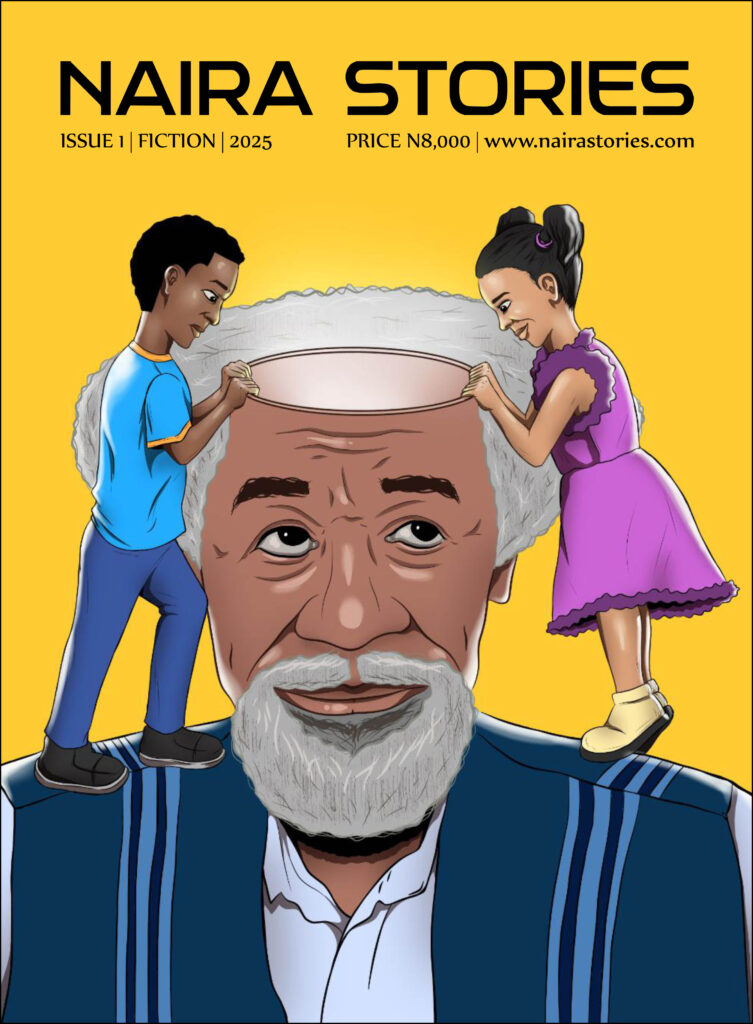The Independent National Electoral Commission (INEC) has appealed to the National Assembly to expedite consideration and passage of proposed amendments to Nigeria’s electoral laws, stressing that legal certainty is critical for effective preparation ahead of the 2027 general elections.
Professor Mahmood Yakubu, INEC Chairman, made the appeal on Thursday in Abuja during a meeting with the European Union (EU) Election Observation Follow-up Mission to Nigeria, led by Barry Andrews, who also headed the EU mission for the 2023 general election.
Yakubu warned that uncertainty over the electoral legal framework could unsettle the commission’s work as the elections draw closer.
“An election is a process governed by law. Many of your recommendations require a review of our electoral laws. For this reason, the commission has interfaced with the National Assembly, including a retreat with the Joint Committee on Electoral Matters of both the Senate and House of Representatives,” Yakubu said.
“We appeal to the National Assembly for an expeditious consideration of the electoral reform proposal. An early passage of the law is critical to our planning for the elections,” he added.
The INEC boss recalled that this is the third EU follow-up mission hosted by the current commission, following similar visits in 2017 and 2022.
He highlighted that the EU Election Observation Mission (EOM) made 23 recommendations in its 2023 report, eight of which required direct action by INEC, including one priority recommendation.
The remaining 15 recommendations, five of which were classified as priority, require action from other stakeholders, including the executive, legislature, judiciary, political parties, civil society organisations, and media.
Yakubu noted that INEC has carefully considered all eight recommendations specifically addressed to the commission. Administrative measures to implement these recommendations have already been taken, while cross-cutting recommendations involving multiple stakeholders are being addressed, pending the conclusion of the ongoing legal review by the National Assembly.
He also recalled past EU observation missions, including the 2015 and 2019 general elections. In 2019, the EU EOM made 30 recommendations, 11 of which were specifically directed at INEC, with three classified as priority.
INEC’s post-election reviews following these missions, as well as the 2023 elections, generated a total of 142 recommendations for electoral reform, a majority of which have been published on the Commission’s official website.
Barry Andrews, head of the EU delegation, commended INEC on the progress made in implementing the 2023 recommendations but stressed that reforms in the judiciary, administration, and constitutional framework remain critical.
Andrews added that transparency in election result publication must improve to strengthen democratic processes.
“We are pleased with the progress so far. Election observation is not about interference; it is about supporting and strengthening democracy in Nigeria, Africa, and globally. However, reforms must accelerate if transparency in result publication and other key electoral processes are to be guaranteed,” Andrews said.
The EU mission further highlighted lessons from off-cycle governorship elections conducted after 2023, noting that such exercises underscore the need for continuous improvements in Nigeria’s electoral processes.




